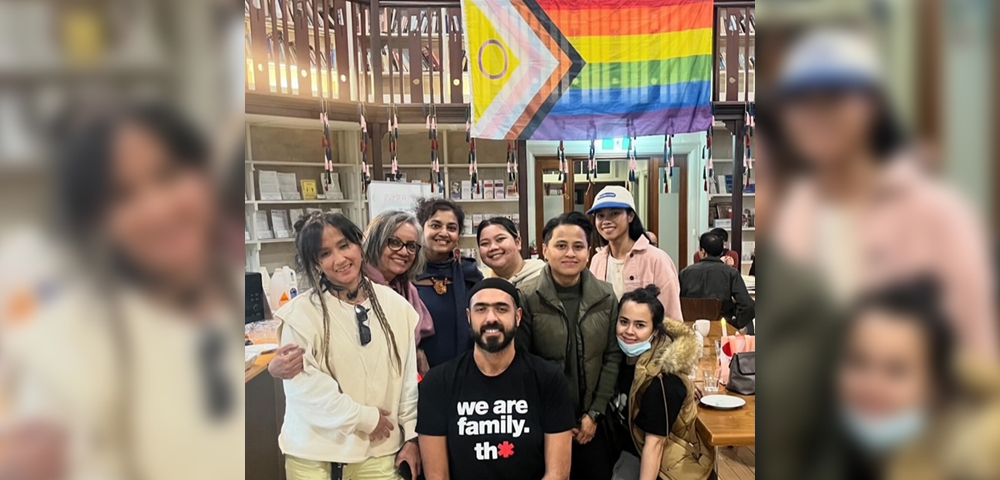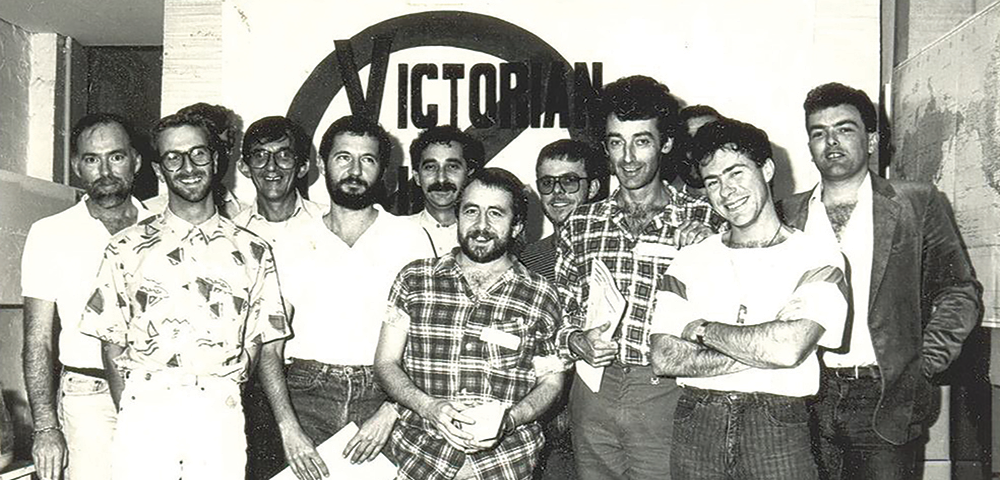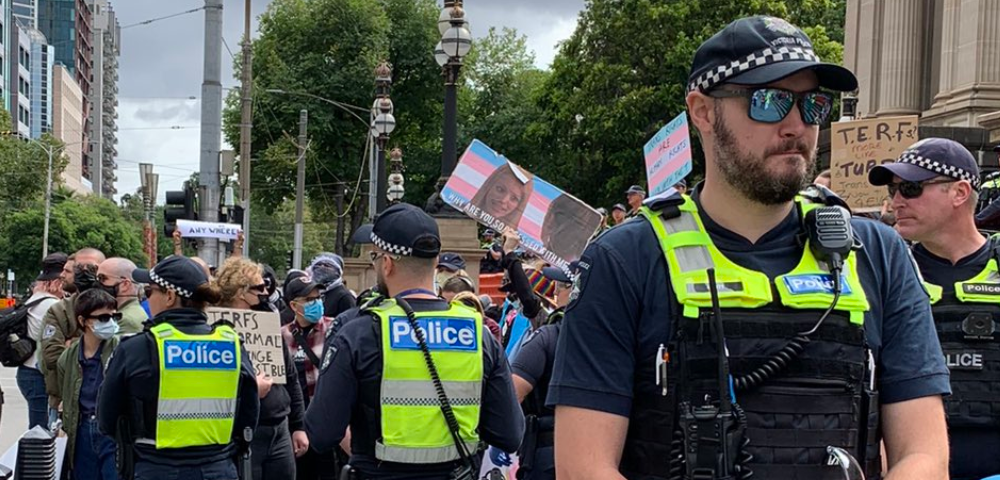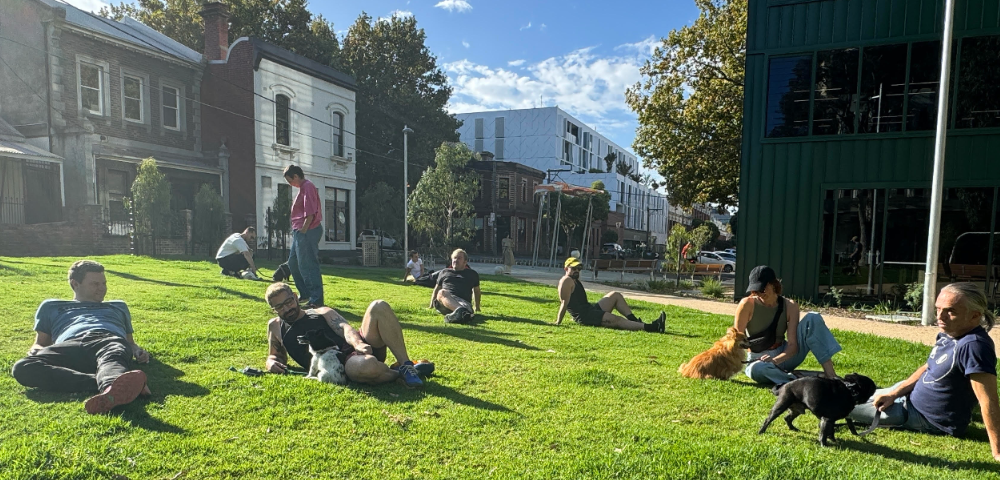
Experts say family violence services need better understanding of LGBTI community

SUPPORT services for victims of family violence need to be trained in understanding LGBTI people as part of the epidemic, experts have said.
The comments come as Victoria’s Royal Commission into Family Violence currently conducts public hearings to look at the ways in which people experience family violence, and the laws, policies, and services that respond to and prevent family violence.
[showads ad=MREC]Australian Research Centre in Sex, Health and Society research fellow Dr Philomena Horsley hopes LGBTI people are taken into consideration every step of the way during the Commission.
“We need to always remember that we have diversity within our diversity,” she said.
“When the Commission discusses Indigenous people they need to include Indigenous LGBTI people. We’re not a separate group, we’re within all aspects of society.”
Victorian Gay and Lesbian Rights Lobby (VGLRL) co-convenor Sean Mulcahy believes many services don’t have the required level of understanding to deal with LGBTI people, and aren’t inclusive as a result.
“Mainstream support services don’t have the requisite level of sensitivity to LGBTI individuals,” he told the Star Observer.
“The few LGBTI-specific domestic violence support services that do exist are fragmented, have limited funding and are limited or non-existent in rural areas.
“Capacity building is needed to address the failures of mainstream support services to deal with LGBTI individuals.”
While research on LGBTI family violence is limited, existing evidence suggests that same-sex couples experience the same, similar, or even higher levels of intimate partner violence than heterosexual couples.
A 2006 survey found that 53.5 per cent of women and 67.1 per cent of men in LGBTI relationships don’t access support services when experiencing family violence.
Meanwhile, a 2008 Victorian survey found that one third of LGBTI people reported being in a relationship where they were subjected to abuse by their partner, and this rate was often higher for trans* and intersex people.
Horsley said LGBTI people were not supported in the family violence system.
“I believe that it’s really important that all services working in the family violence system need training around recognising and including LGBTI people both as victims and as perpetrators of family violence,” she told the Star Observer.
“The persistence of using gender as the reason for family violence needs to be questioned… there are other forms of power within families and within relationships that are also destructive.”
Horsley believes that while focusing on violence against women is important, it can take away from the family violence experienced by the LGBTI community.
“Gender is key in terms of the violence women experience, but it hides the experiences of LGBTI people. It renders it invisible, less meaningful,” she said.
She also stressed the importance of taking into account the family violence experienced by younger LGBTI people.
“A lot of the focus on the term family violence has defaulted into discussion around adult relationships,” she said.
“But I want the focus on the homophobia in families as well, the kinds of abuse that young people experience when coming out as lesbian, gay, or trans*.”
Mulcahy said stigma still surrounded family violence in LGBTI relationships.
“LGBTI communities are less likely to report, seek support, or identify experiences of family violence and abuse,” he said.
“At least in part because of a fear of ‘outing’, gender stereotypes, and perceived and actual discrimination and harassment.”
Mulcahy added that there were also a number of faith-based services, including emergency housing for victims of family violence, that contributed to this stigma.
“The Equal Opportunity Act contains an exception allowing organisations to discriminate on the basis of a person’s sexual orientation or gender,” he said.
“The VGLRL recommend that this broad exemption for religious bodies be removed in order to remove the barriers to accessing critical services for LGBTI people.”
RELATED: Hidden Wounds – an in-depth feature
[showads ad=FOOT]









Delighted to see the emphasis on young LGBTs and violence in the home when they are most vulnerable and trying to come to terms with being LGBT. The damage this can do is tremendous. See following which includes my experience of working with young LGBTs and the responses of their families: https://www.youtube.com/watch?v=G2WryJRFKeI